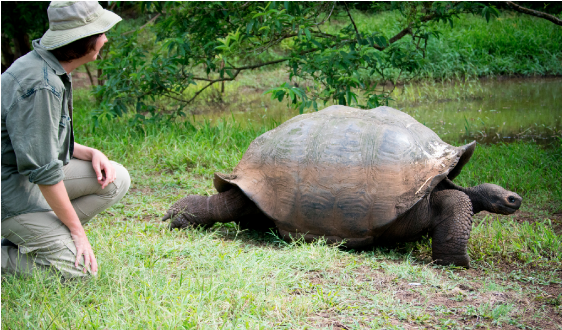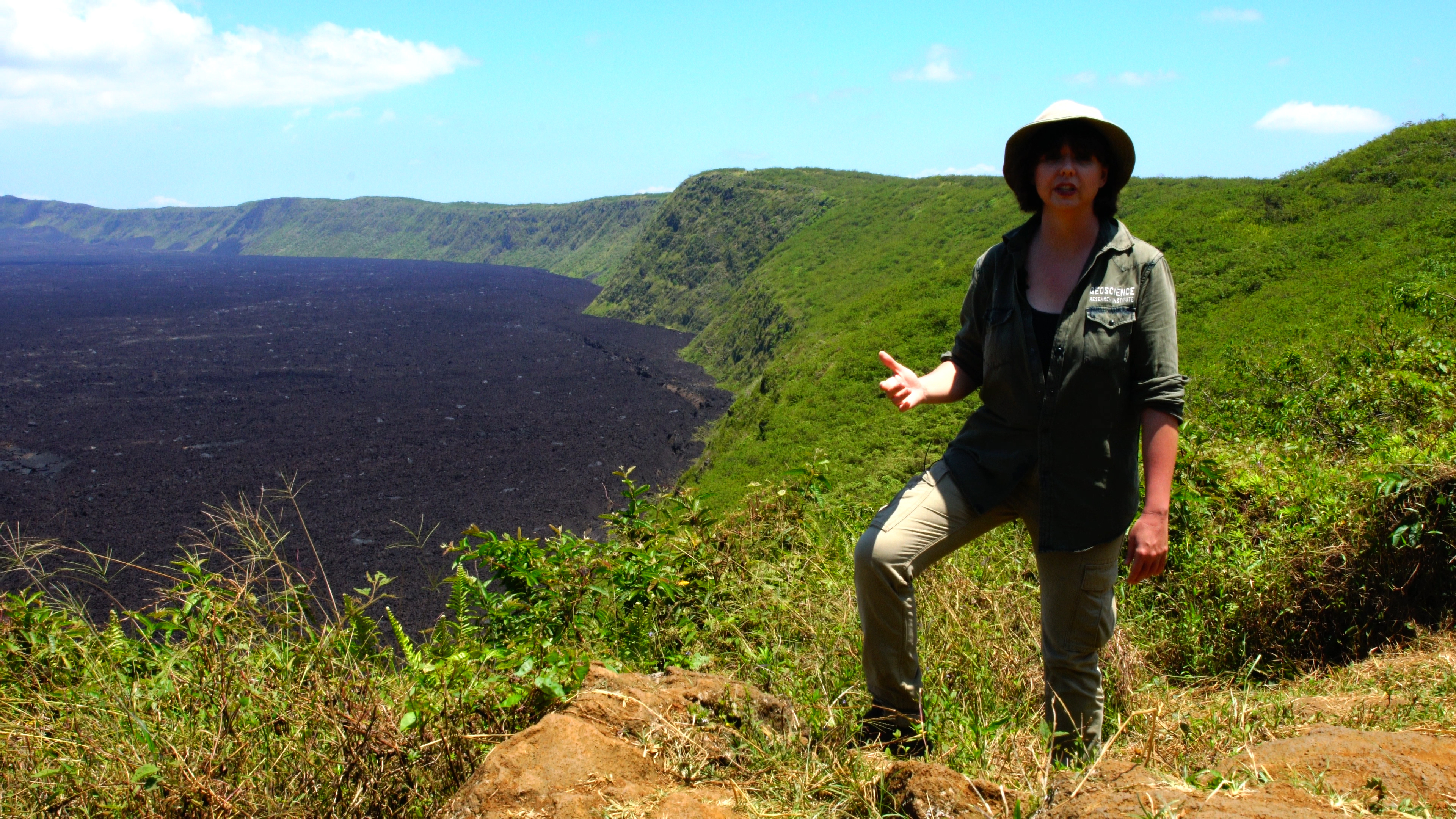Europe: Spain
Spanish

Spanish

Colegio Adventista de Sagunto, Sagunto, España
Noemí Durán, PhD
As marine biologist specialized on ecology and animal behavior, my research interests relate to conservation of endangered species, as well as the study of their adaptations to specific environments. My field research focuses on ecology and behavior of sea turtles in South Honduras. I study two species: olive Ridleys, the the most common sea turtle species in the world, and hawksbills, one of the most endangered. Both these sea turtle species inhabit and reproduce in the waters of the Gulf of Fonseca, a shallow inlet of the Pacific Ocean surrounded by the coasts of Honduras, El Salvador, and Nicaragua. The Gulf of Fonseca region has special features that distinguish it from other nesting beaches, and sea turtles show unique adaptations to some of these features. One of my studies discovered a previously unknown swimming behavior in olive Ridley hatchlings that helps them to avoid being predated by the numerous sea birds present in the area. One of the goals of my research is to study how quickly sea turtle populations adapt to new environments.
I also work on Community Based Conservation, cooperating with the local communities in small sea turtle conservation projects. During the last two years, we have trained local fishermen to correctly handle and rescue the sea turtles that get entangled in their fishing nets, as well as to record important scientific data from the animals prior to release them back into the ocean.
Sea turtle conservation, Lepidochelis olivacea, olive Ridley sea turtle, Eretmochelys imbricata, hawksbill sea turtle, Gulf of Fonseca, Community Based Conservation (CBC)
Doctor in Biology: Loma Linda University, California
Graduate Diploma in Social-Environmental Education, Universidad de Valencia, Spain
Masters in Zoology: Universidad de Valencia, Spain
Bachelors in Biology: Universidad de Valencia Spain

FB Page of the EUD GRI Branch Office
YouTube Page of the EUD GRI Branch Office

